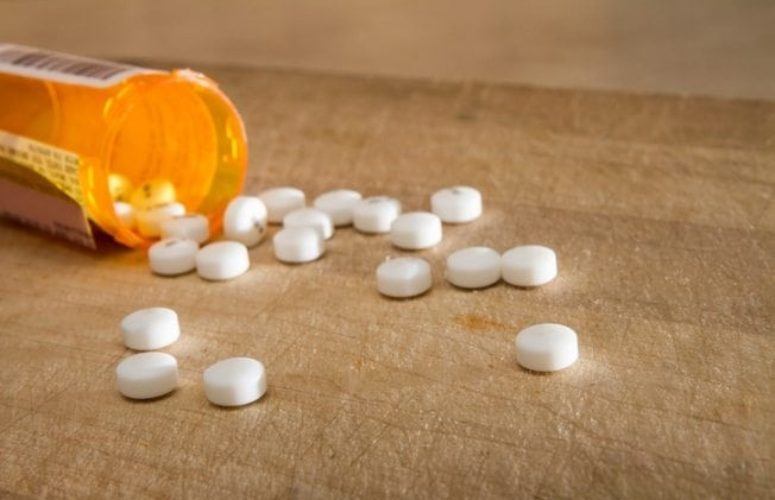
Opioid Painkillers Are in Medicine Cabinets Across New Jersey
On Dec 15, 2017Opioid painkillers are prescribed widely in New Jersey and many families hold onto the drugs after their prescribed use, according to a new poll by the Rutgers Center for State Health Policy.
About one-in-three New Jersey households (31 percent) were prescribed opioid painkillers in the past year. Of that number, about one-third admit they plan to keep leftover painkillers in case they are needed in the future. Opioid prescribing rates range from a high of 46 percent of households in the southeastern part of the state to a low of 22 percent in the northeast.
These findings from the latest New Jersey Health and Well-Being Poll highlight the need for continued government action including increasing the availability of treatment to address the addiction crisis in the state, said Joel Cantor, distinguished professor of public policy and director of the Center for State Health Policy.
“The commonplace nature of prescription opioids puts many thousands in New Jersey at risk of abuse, addiction or worse,” Cantor said.
He added that the results may not capture the full extent of the problem. Only 1.5 percent say they or a family member living with them suffer from addiction to prescription pain relievers or heroin, while nearly 6 percent of poll respondents reported seeking opioid addiction treatment for themselves or a household member in the past year.
“This estimate may well understate the share of families holding on to opioids, as many people know they are not supposed to keep leftover drugs and may be reticent to admit it to telephone interviewers,” he said.
About 1,500 New Jersey residents died from overdoses of legal or illegal opioids in 2015, the most recent data available from the US Centers for Disease Control and Prevention. And the problem is growing: The state’s age-adjusted opioid death rate rose 16.4 percent between 2014 and 2015, Cantor said.
The poll also shines a spotlight on the need for more access to treatment. About one in five of respondents who reported seeking treatment for addiction said that finding services is “somewhat” or “very” hard.
“High rates of opioid prescribing shown in the poll and the worsening addiction epidemic are likely to make finding treatment harder over time,” according to Cantor. “Addressing barriers to treatment, including increasing the supply of outpatient and inpatient drug treatment, is likely to be needed.”
The poll is part of a Health & Well-Being project funded by the Robert Wood Johnson Foundation, whose vision for a Culture of Health focuses on strengthening communities and families to improve well-being.
The results show that opioids are widely prescribed across all demographic groups and families with small children just as likely as anyone else to keep prescription painkillers in their medicine cabinets. The poll indicates that opioid prescribing varies across the state, with southern New Jersey having the highest prescribing rates.
The findings also demonstrate the extent that New Jersey residents want the government to take action. Three-fourths of poll respondents say it is “extremely” (35 percent) or “very” (40 percent) important for the new governor and legislature to address the problem of drug addiction in New Jersey.
“The view that the incoming governor and legislature should act is consistent across nearly every demographic group and across all regions of the state,” Cantor said.
Related Articles:





